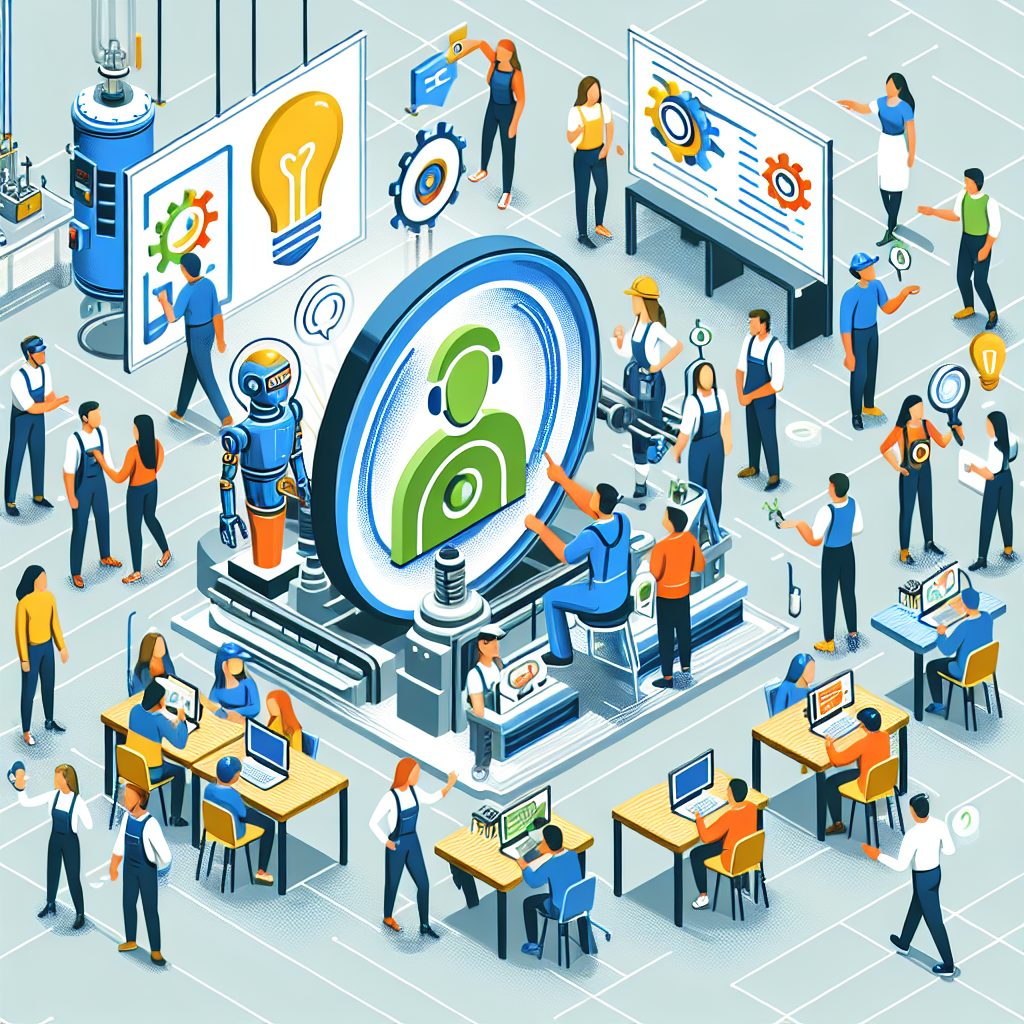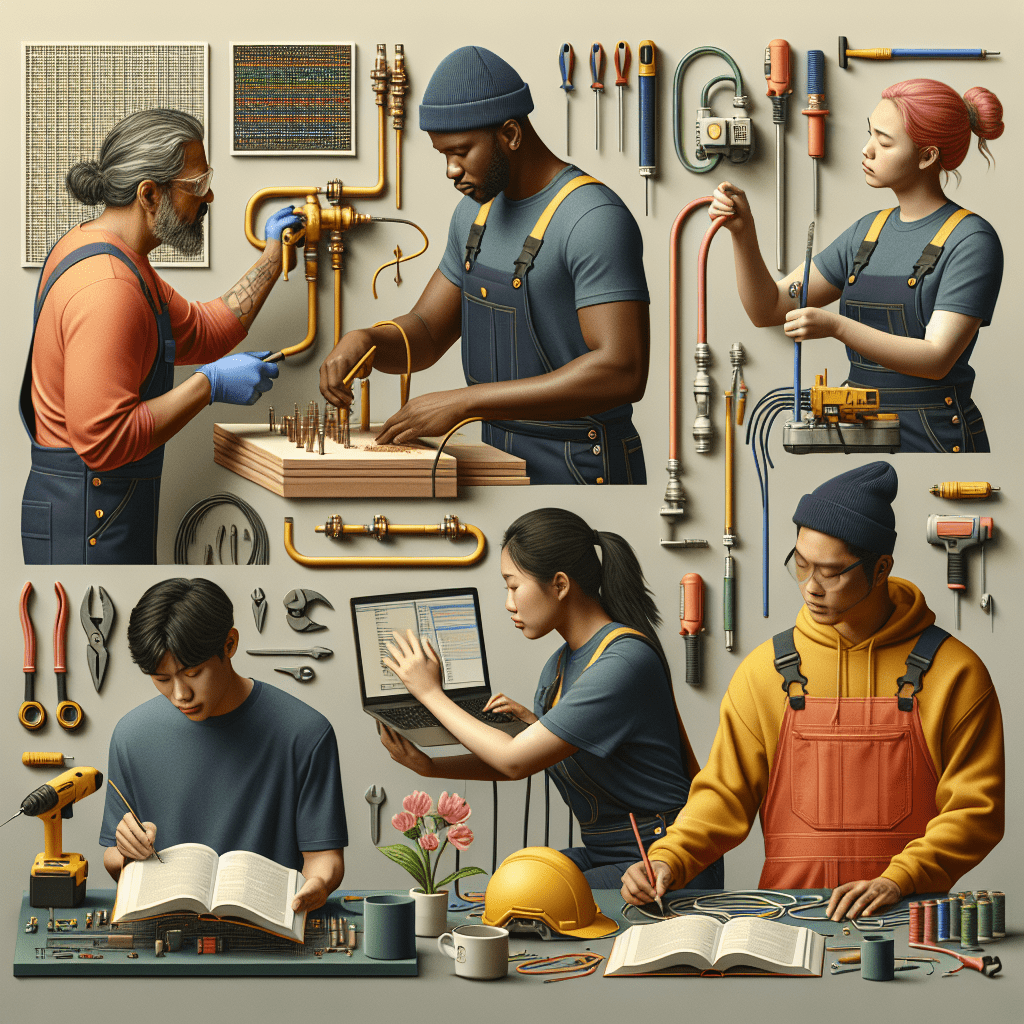
Transforming Vocational Training: Embracing Innovation for a Fairer Future

Embracing the Future of Training: Why It Matters
Let’s not beat around the bush: the future of training is here, and it’s nothing short of revolutionary. Now, I know that might sound a bit dramatic, but hear me out over a hot cup of tea. Imagine a world where vocational programmes—whether we’re talking apprenticeships or short courses—are as dynamic and engaging as a good chat with a friend. Yes, it’s possible, and the potential for change is massive.
So, why embrace this future of training? Quite simply, it has the power to change everything. It can transform not just how we learn but also how we assess. We’re on the brink of an economic overhaul in vocational training, and it’s about time we took advantage of it.
Economic Transformation in Training
The first thing that catches my attention is the economic potential. The traditional model of vocational training is slowly turning into something that feels, well, outdated. We live in a world where technology is constantly evolving, and yet, our training systems are often stuck in the past. By embracing future-focused training methods, we can create a landscape where skills are taught more efficiently and effectively. Imagine a system where learning is more relevant to the job market, generating a new wave of skilled workers ready to tackle today’s challenges.
This isn’t just about economic gains, though. It’s also about giving candidates a fair shot at their careers. In the current system, one bad day can wipe out a candidate’s chance of success. A momentary lapse—maybe they were nervous or dealing with a personal issue—can lead to a poor assessment that haunts them for years. A fairer, more comprehensive approach could shift that narrative completely.
Less Strain on Assessors
Now, let’s talk about the assessors, shall we? Their role is undoubtedly important, but let’s face it: their workloads can be downright overwhelming. By streamlining certain processes, we can lighten the load for assessors while still maintaining the integrity of the assessment. Leveraging technology can help us automate routine tasks, leaving assessors focused on what they do best: mentoring and guiding candidates.
Imagine assessors having more time to connect with students, offering personalised feedback rather than drowning in paperwork. I had a chat with an insightful literacy tutor recently, who said that when they had the chance to spend more time focusing on students, the results were astounding. By embracing new methods, we can enhance both the quality of training and the experience for everyone involved.
Fairness and Equity in Assessment
But change doesn’t come easy. It requires us to think differently and maybe even challenge the status quo. At City Skills, we’re eager to explore how we can implement these innovative approaches into our programmes. I’m genuinely excited about the possibilities ahead.
How Do You See Technology Reshaping Training?
I know it’s easy to get bogged down in the everyday grind and resist change, but I urge you to consider the benefits. How do you see technology reshaping the world of vocational training? Are you as enthusiastic as I am about the journey ahead? Your insights matter as we explore this landscape together.
I’d love to hear your thoughts. After all, it’s the conversations we have that fuel real change. Together, let’s envision a future where vocational training is not only effective but also fairer and more rewarding for everyone involved.
Let’s keep the conversation going. What thoughts or ideas do you have on the future of training and assessment? Your perspective could be the spark that ignites the next big idea.
Cheers to new beginnings!
#CitySkills #VocationalTraining #InnovationInEducation




